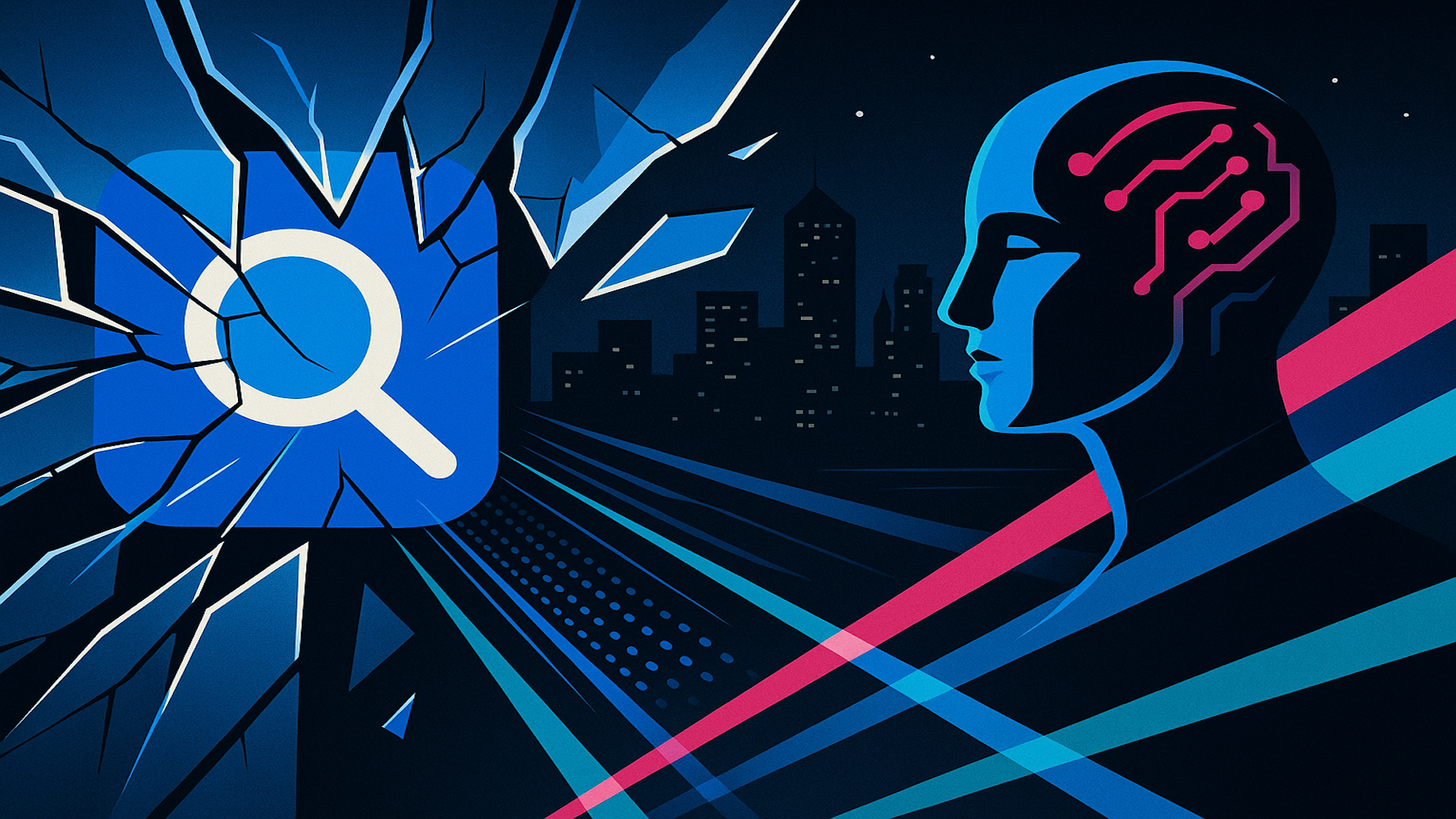AI search isn’t the end of SEO – it’s the next era

Everyone’s talking about “AI search” (AI SEO, GEO, AEO, or whatever you call it) – and everyone’s convinced they’re right.
Some say SEO is dead. Others say nothing’s really changed (“it’s just SEO”).
The truth?
Search is evolving fast, but SEO fundamentals still matter.
What’s shifting is where people discover information – and how machines decide what to trust.
Here are a few myths worth retiring.
Myth 1: “GEO is just SEO with a new name.”
Reality: The fundamentals overlap, but the target has changed.
SEO is about ranking webpages. AI search is about being cited, trusted, or chosen inside an answer.
You’re not trying to win Position 1 – you’re trying to show up correctly when AI summarizes, recommends, or decides.
That means focusing less on “ranking signals” and more on relevance, fact accuracy, clarity, and credibility/trustworthiness.
It’s not how high you appear – it’s whether your information is reliable enough to appear.
Myth 2: “As models get smarter, they’ll figure it out on their own.”
Reality: Even AI needs help separating fact from fake.
Large language models aren’t all-knowing – they’re pattern matchers.
LLMs predict likely answers based on what they’ve seen, not what’s true.
If your brand’s information isn’t clear, current, and consistent across the web, AI can easily confuse you with someone else or repeat outdated or inaccurate data.
As AI search becomes the default interface, clarity and factual integrity matter more than clever phrasing or long-form storytelling.
Your job isn’t to trick an algorithm – it’s to make your truth unmistakable.
Myth 3: “Prompt tracking and AI visibility tools are useless.”
Reality: Early? Sure. Useless? No.
We’re in the dial-up era of AI analytics.
The data is noisy, the samples small, but it’s the start of understanding how AI systems surface your brand.
Just like keyword tools in the early 2000s, today’s “AI visibility” dashboards are rough prototypes.
The goal isn’t precision yet – it’s pattern recognition.
Myth 4: “Off-site mentions don’t matter anymore.”
Reality: They matter more than ever.
AI systems pull from trusted ecosystems – review platforms, data hubs, industry directories, public databases, and social communities.
Keeping your facts, descriptions, and ratings consistent everywhere should help AI identify and recognize, verify, and quote your brand.
What matters isn’t branding jargon, but whether your information is consistent and reliable across the web.
The clearer and more consistent your public footprint, the more confidently AI systems can include you in their answers.
Myth 5: “Search engines aren’t going anywhere.”
Reality: Search engines might stay, but the interface is changing fast.
We’re evolving from the blue links of search to:
- Answers (information).
- Summaries (condensed explanations).
- Actions (things the AI actually does for the user).
That doesn’t kill SEO – but it does radically change the old playbook.
In a chat-first world, the question isn’t “What’s my rank?” It’s “Does the AI platform quote me – and does it quote me correctly?”
Myth 6: “All AI search tactics are spammy.”
Reality: Spam exists everywhere. That’s not the story.
The real story is that AI search rewards clarity, consistency, and credibility.
Spammy Reddit posts and auto-generated “best X for Y” listicles might trick a model for a week, but AI platforms – like search engines – get smarter about trust signals.
Focus on accurate facts, current data, and clear, well-structured content.
Those are the assets AI can safely lift and cite.
Myth 7: “SEO and AI search are mutually exclusive.”
Reality: They’re closely connected.
The same crawlability, authority, and coherent content that power SEO also feed AI retrieval.
The difference now is that optimization extends beyond search engines to AI platforms where people seek information.
Solid SEO gets you discovered. AI search optimization makes sure you’re understood and cited correctly.
AI search isn’t the end of SEO – it’s its next era
You still need crawlable content, credible sources, and human-first writing. But now you also need clarity, factual alignment, and visibility across the sources machines trust most.
The winners in the next landscape will treat their information as infrastructure – something AI systems can read, quote, and trust.
Because when “search” becomes a conversation, the brands that get cited are the ones that sound like the source of truth.






Recent Comments